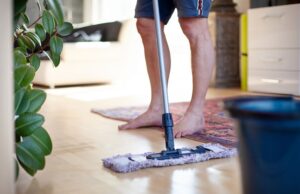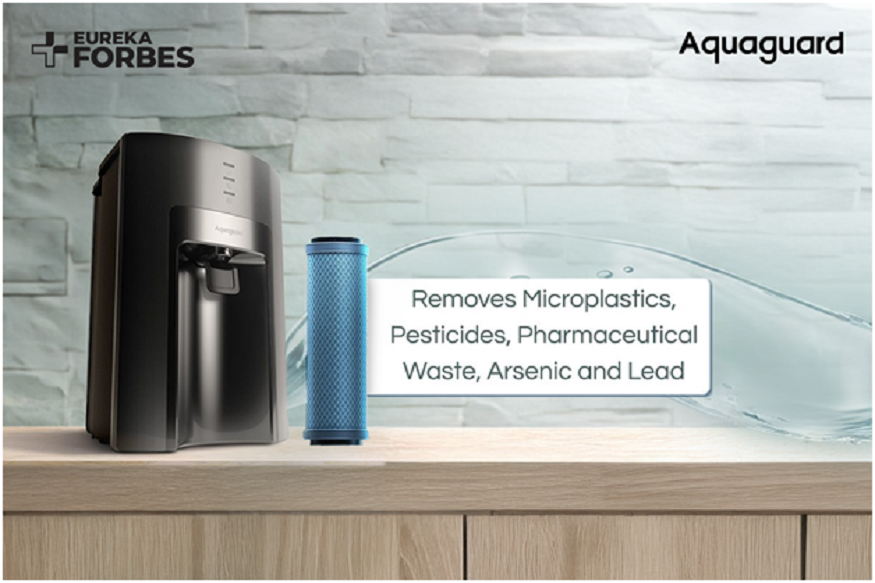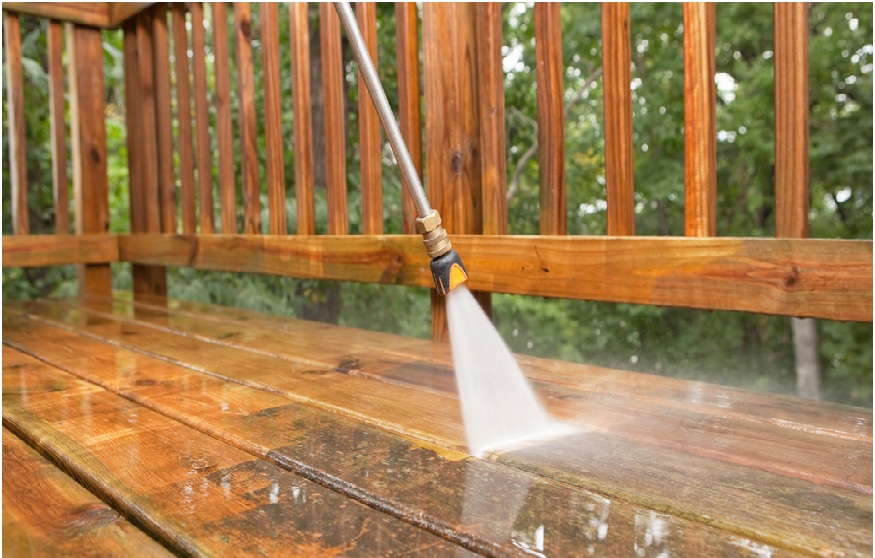For reasons of cleanliness and hygiene within professional premises, floor maintenance is essential. Because there are many passages and dust and dirt tend to accumulate, become embedded in the floors, and degrade the quality of indoor air. But also because good maintenance slows their degradation.
This is why it is important to wash your floors regularly. But be careful: each coating requires special maintenance, especially with regard to the choice of products. A wide range of maintenance products is now available to professionals for cleaning the floor:
Note that natural products are just as effective as chemical solutions, while being much less aggressive for soils and maintenance agents.
White vinegar is degreasing, deodorizing, descaling, antibacterial and repellent. It can be used to wash your floors in most cases.
Baking soda is a stain remover and helps clean the floor when it is dirty.
Black soap is degreasing, disinfectant, stain remover and repellent. It allows you to wash your floors, but also to restore its shine.
Adapt to the type of coating to clean the floor efficiently and without risk
Choosing the right product to wash your floors is a first step. The second is to take into account the particularities of the coating in order to adopt the right cleaning technique.
What is the two-bucket technique for mopping the floor?
The different types of parquet (solid, laminate, waxed, oiled, vitrified) call for specific care, but they all have one thing in common: they hate water, which seeps between the boards, then causes them to swell and warp.
It is therefore recommended to wring the mop well before washing the floor, then to dry with a cloth. Another solution is to use a slightly dampened cloth, although with less effectiveness if the parquet is dirty or stained. As for maintenance, you can mix a little black soap or organic dishwashing liquid with the water, but avoid white vinegar, which can damage the wood. Finally, washing the floor is not enough: you also have to vacuum the floor to rid the floor of invaders (fleas, termites, dry rot) that could delight in the wood.
Beware of waxed or oiled floors, which are particularly fragile. Above all, they must not get wet, so there is no question of washing the floor with water!
Wash a tile
When it comes to washing the floor, tiles are a false friend: due to their resistance, they give the impression of being the easiest coating to clean. However, if it is easy to wash – water mixed with a cup of white vinegar is enough to remove stains – it offers a real challenge as regards the joints separating the slabs, which risk keeping water and to deteriorate. After cleaning, they must therefore be dabbed with a dry cloth to absorb the water – a procedure to be repeated regularly in damp rooms.
To clean your tiled floors, choose natural products. Solutions that are too powerful, such as bleach, risk damaging the tiles (especially if they are made of stoneware, earthenware or ceramic) and damaging the joints.
wash linoleum
A flexible covering made up of organic materials (wood particles, linseed oil, chalk, cork), linoleum requires regular and gentle care. To wash the floor, use soapy water mixed with white vinegar, but remember to wring the mop well and rinse regularly so as not to leave traces. Above all, no excess water!
Wash a concrete floor
Originally, concrete coatings are found in car garages and workshops. They are present today in lofts and trendy homes because their solidity offers the possibility of easy maintenance. To wash the floor properly , simply mop with water mixed with the desired product. For stubborn stains (petrol, oil, etc.), sprinkle baking soda before scrubbing with a stiff scrub brush.
Wash plastic floor
Plastic coverings (PVC or vinyl) are mainly used in healthcare, education, hospitality and industry. To wash the plastic floor, large amounts of water are not suitable: it is better to opt for scrubbing with a microfiber broom lightly soaked in a mixture of water and white vinegar or baking soda. For premises subject to stricter hygiene measures, the use of a disinfectant product may be necessary.
Caution: plastic floors do not tolerate products that are too powerful, such as bleach or ammonia (do not hesitate to dilute accordingly), nor abrasive materials.
Wash a carpet
The carpet is still in the odor of sanctity in the bedrooms, the dressing rooms and the offices. But its maintenance is not easy: it has an annoying tendency to retain dust, hair, hair or crumbs, and to serve as a cozy nest for dust mites. Here, to wash your floors: it is difficult to use water without a good knowledge of how to clean carpets and rugs. The preferred tool is therefore the vacuum cleaner, to be rigorously passed each week. About once a year, the use of a shampooer is recommended for a deep sanitization of the carpet.



